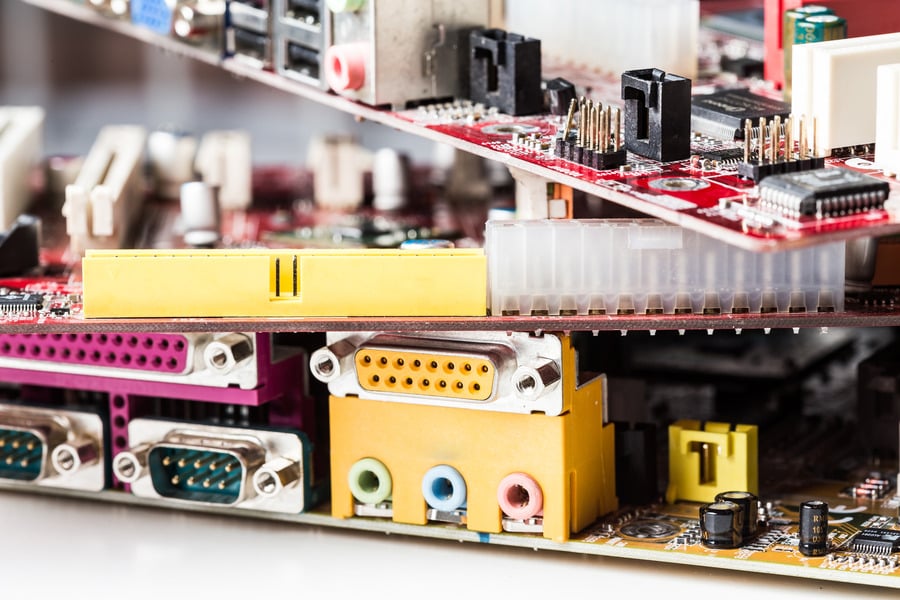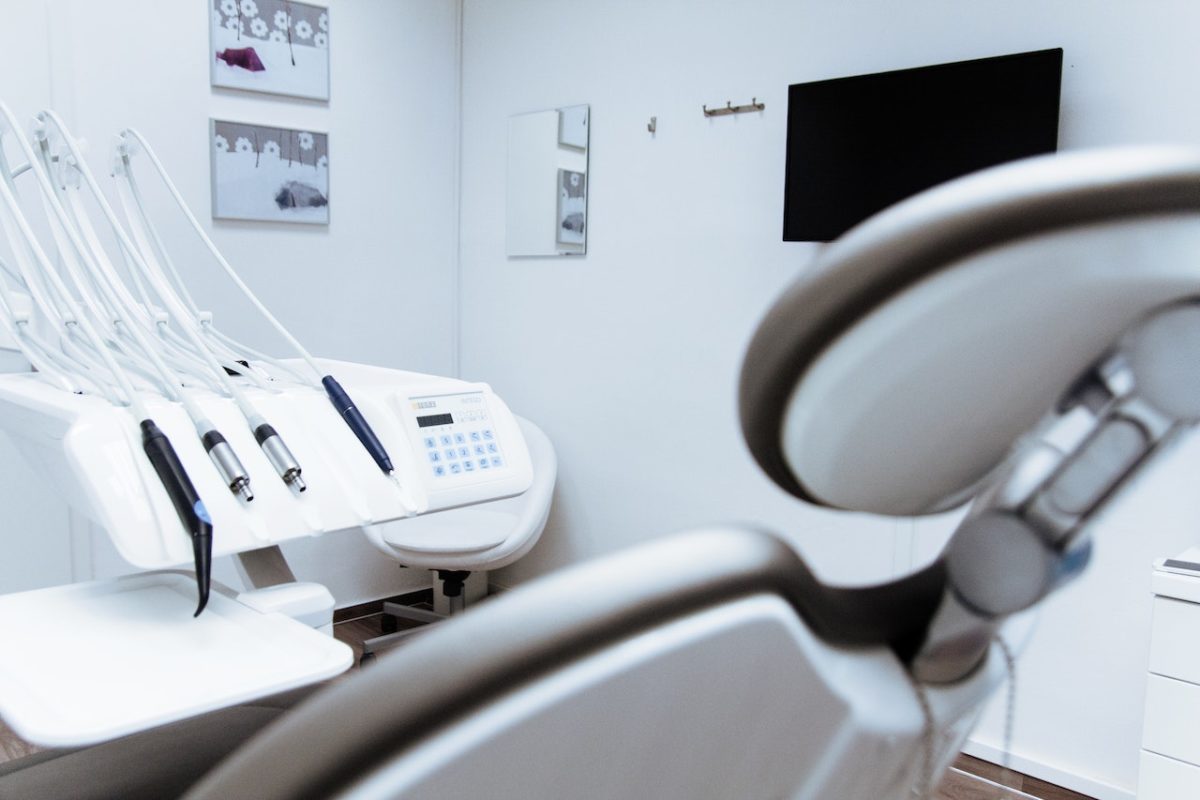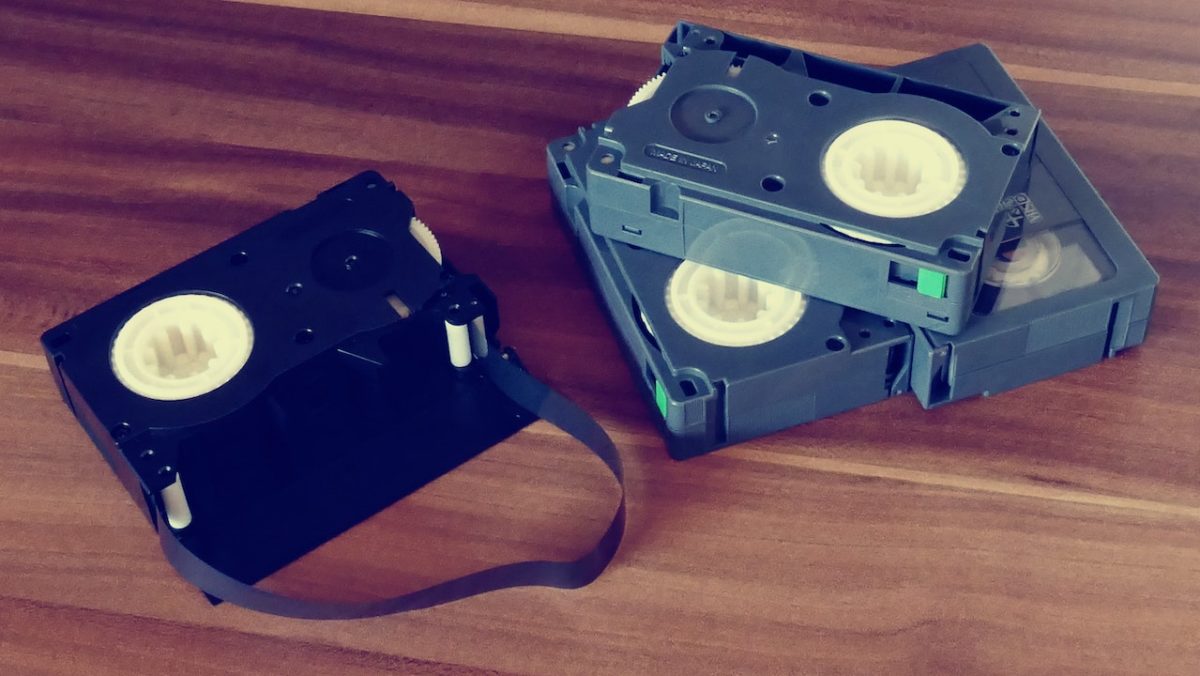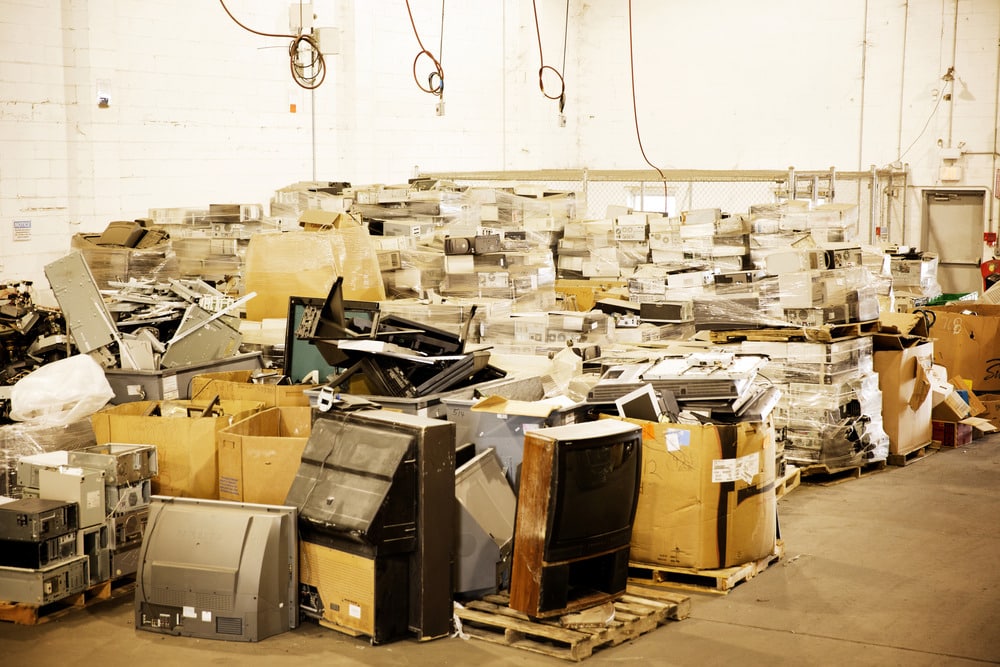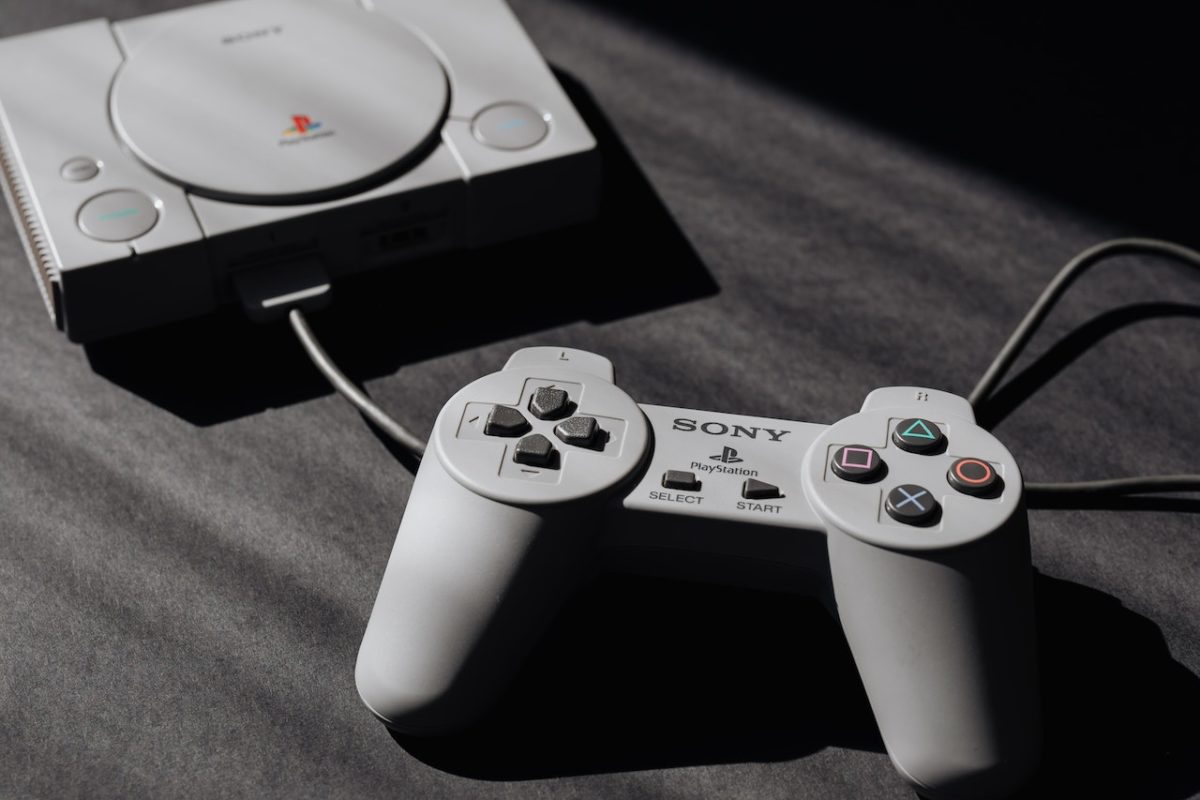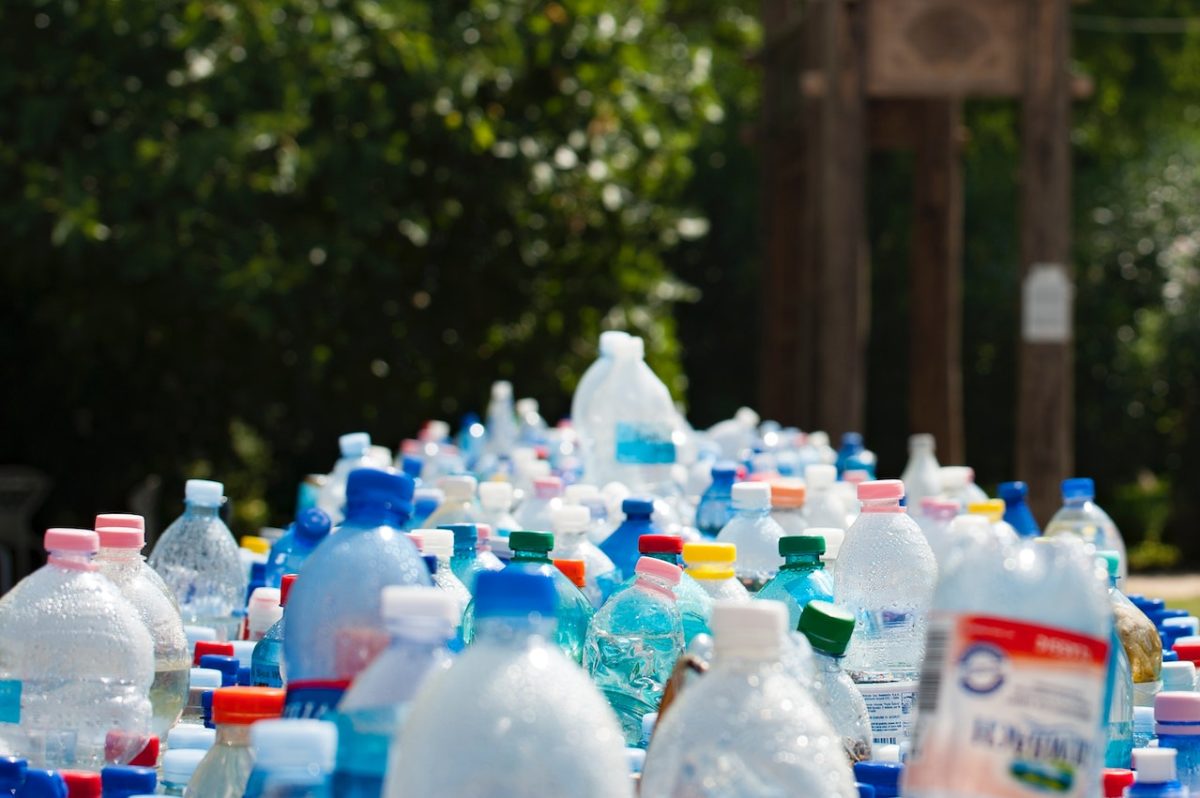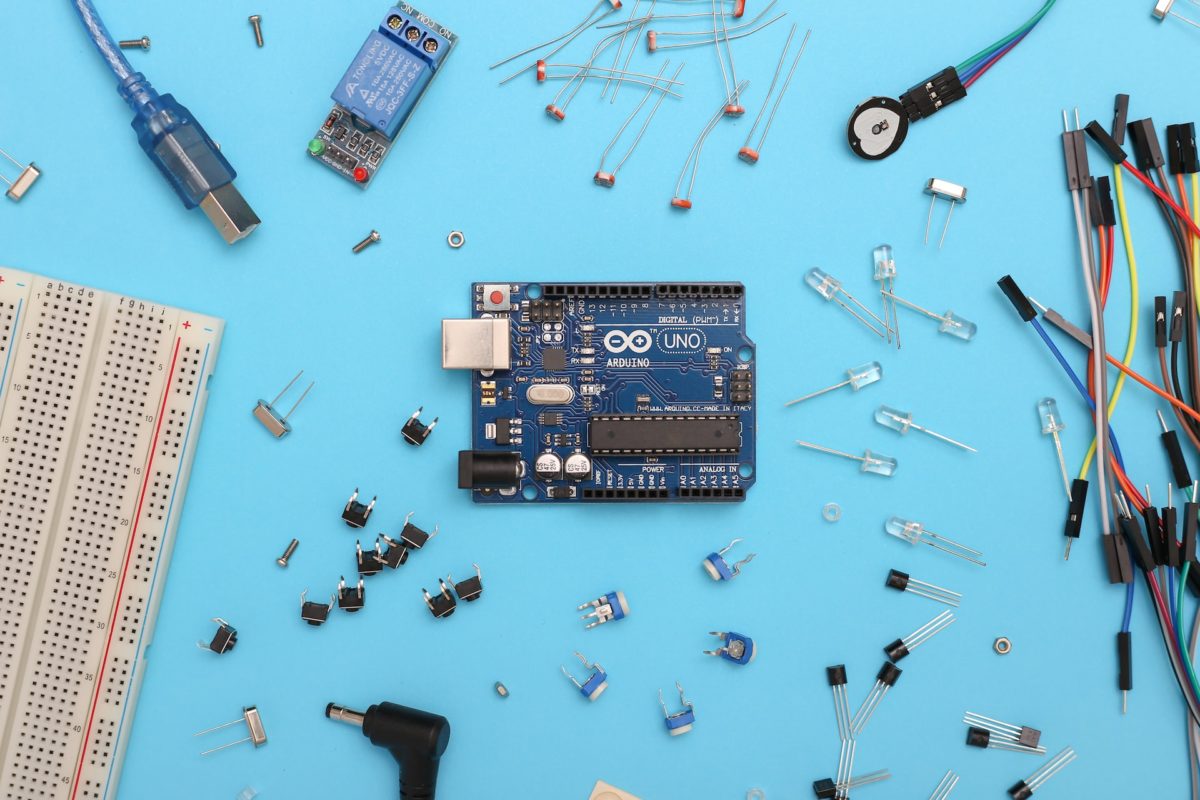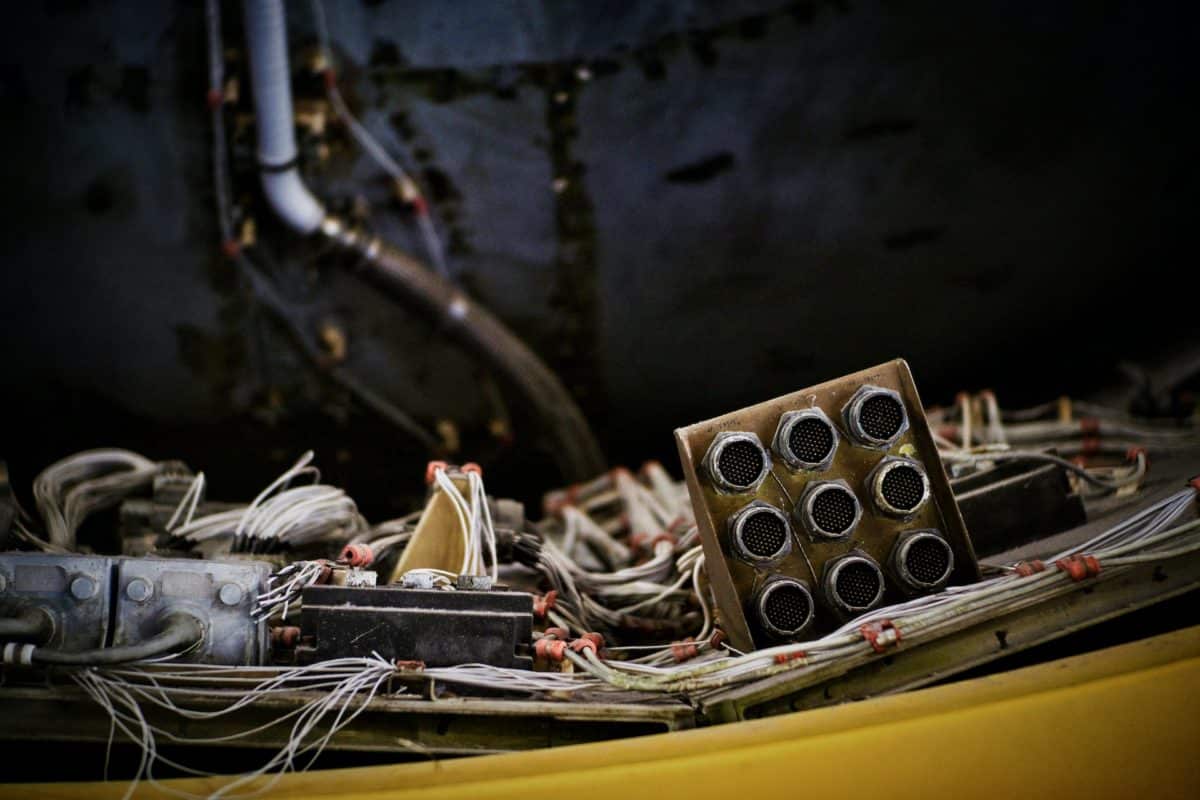4 Reasons Why Recycling Electronic Waste Is a Good Idea
In today’s modern age, e-waste does not always refer to broken or old devices that no longer function. Even in excellent condition, technological improvements have turned specific electronic equipment into e-waste. When manufacturers believe they can enhance a product, older versions may become electronic garbage. Cell phone firms, for example, produce phones that are not designed to last more than two years to maximize sales.
Because e-waste has become one of the world’s fastest-increasing environmental issues, rules were established to regulate waste electronic trash disposal. One such is recycling them.
Here are some of the benefits of recycling e-waste:
1. Reduces Pollution
When it comes to e-waste, recycling is one of the best ways to reduce pollution. By recycling e-waste, we can keep harmful toxins and chemicals out of the environment.
E-waste contains many materials, including metals, plastics, and glass. It also contains harmful substances, including lead, mercury, and cadmium.
These materials can drain toxins into the environment if they’re not correctly disposed of. Recycling e-waste helps to ensure that these materials are appropriately disposed of and doesn’t allow them to end up in landfills or incinerators.
Additionally, recycling e-waste can also benefit the economy. It creates jobs in the recycling industry and helps recover valuable materials used to develop new products.
2. Conserves Resources
The three Rs of resource conservation are reduced, reuse, and recycle. Reducing the number of resources we use, reusing resources where possible, and recycling resources when they can no longer be used are all important ways to help conserve our limited resources.
Reusing resources is also essential. When we reuse resources, we don’t need to extract, manufacture, and transport new ones, which conserves resources and reduces pollution and environmental damage. For example, instead of purchasing new furniture, we can reuse furniture that someone else is no longer using.
Overall, resource conservation is important because it helps us conserve our limited resources, reduce pollution and environmental damage, and save money.
3. Creates More Job Opportunities
The benefits of recycling e-waste are many and varied, but one of the most important is that it can create jobs. The recycling of e-waste is one of the few industries that is growing in the current economic climate.
The recycling of e-waste creates both direct and indirect jobs. Direct jobs are made within the recycling industry, while indirect jobs are created in the sectors that supply services and goods to the recycling industry.
It is estimated that for every 10,000 tons of e-waste recycled, around 730 jobs are created. This is a significant number, especially taking into account that recycling e-waste is a relatively new industry.
However, even in the developed world, the recycling of e-waste is creating jobs. In the United States, for example, the recycling of e-waste is estimated to have produced over 100,000 jobs.
4. Reduces Landfill Waste
Landfills are already teeming with all sorts of waste, and e-waste is adding to the problem. By recycling your old gadgets and devices, you can help decrease the amount of waste that ends up in landfills.
In addition to reducing landfill waste, recycling e-waste can also help conserve energy and natural resources. Removing metals and other materials from electronics takes a lot of energy and resources.
Recycling can help reduce the need to extract these materials from the earth and help conserve energy that would otherwise be used.
Conclusion
Recycling e-waste can help in many ways. It can help to conserve resources, save energy, reduce pollution, and prevent greenhouse gas emissions.
Manufacturing new products from scratch need mining for metals and minerals, which can hurt the environment. Recycling e-waste instead of simply dumping it away conserves these natural resources. In addition, recycling e-waste requires far less energy than manufacturing new products.
Atlanta Green Recycling is a place where computers and other e-waste in Atlanta, GA, can be recycled. We think that recycling computers in Atlanta, GA, should be simple. Schedule a no-obligation discovery call today! We accept electronics, hard drives, and other equipment at our recycling center.
